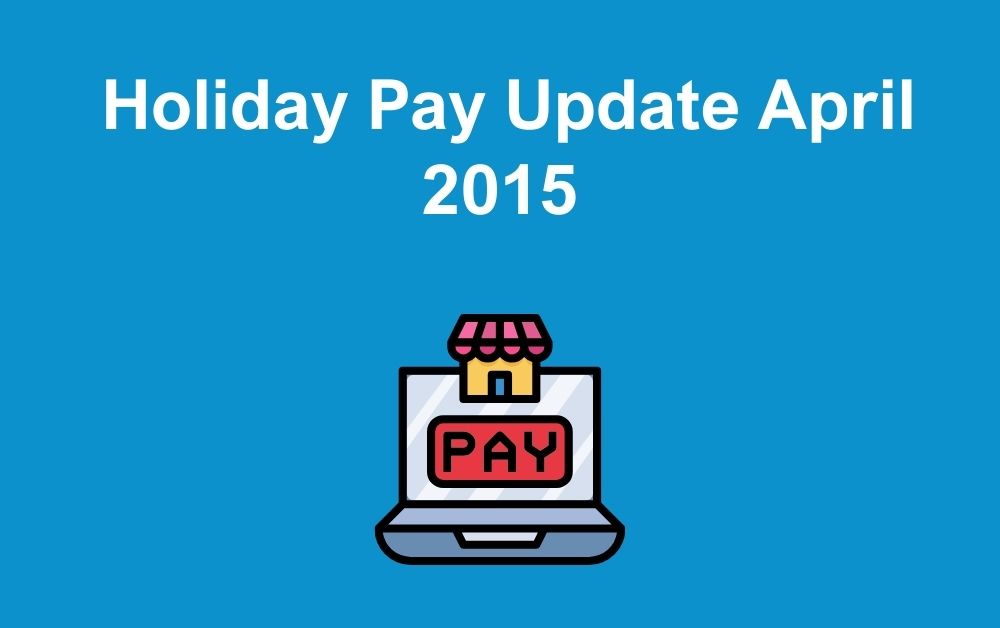Background
As a sales consultant, Mr Lock earned a significant amount of commission in the normal course of his duties in addition to his basic pay. His contractual commission scheme was intended to reward his performance and depended on him making sales, it did not vary according to the number of hours he worked but upon the results he achieved. When he took annual leave he was unable to generate any commission during that period and consequently received less remuneration on his return to work. In its previous judgment, the European Courts noted that this sort of financial impact may actually deter a worker from taking annual leave and that this was contrary to European law.
Following the ECJ’s ruling, the employment tribunal finds that commission should be paid during holiday periods. The Working Time Regulations 1998 are amended to bring them in line with the European legislation, by inserting the following additional words to regulation 16(3):
(e) as if, in the case of the entitlement under regulation 13, a worker with normal working hours whose remuneration includes commission or similar payment shall be deemed to have remuneration which varies with the amount of work done for the purpose of section 221.
What does this mean?
This means that holiday pay calculations for workers who are paid commission as a part of their remuneration must include commission.
Employers should carefully review existing arrangements and ensure they make provisions if they don’t comply.







